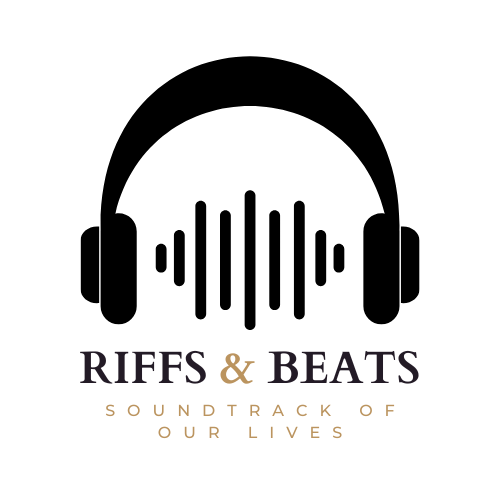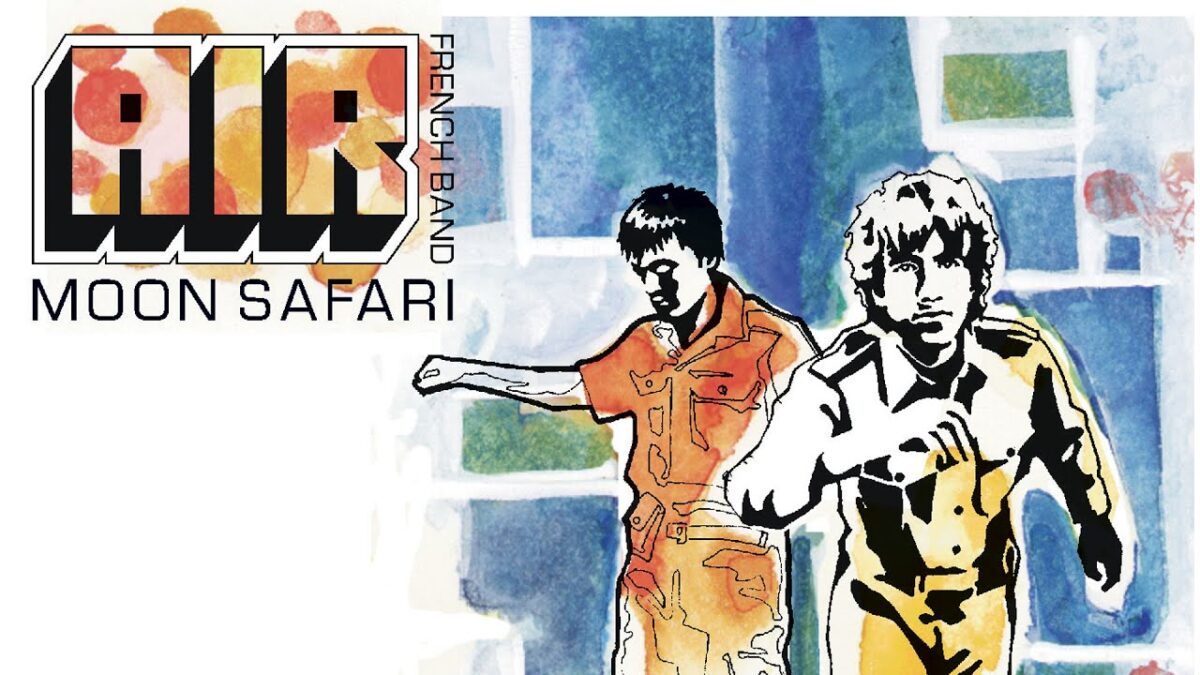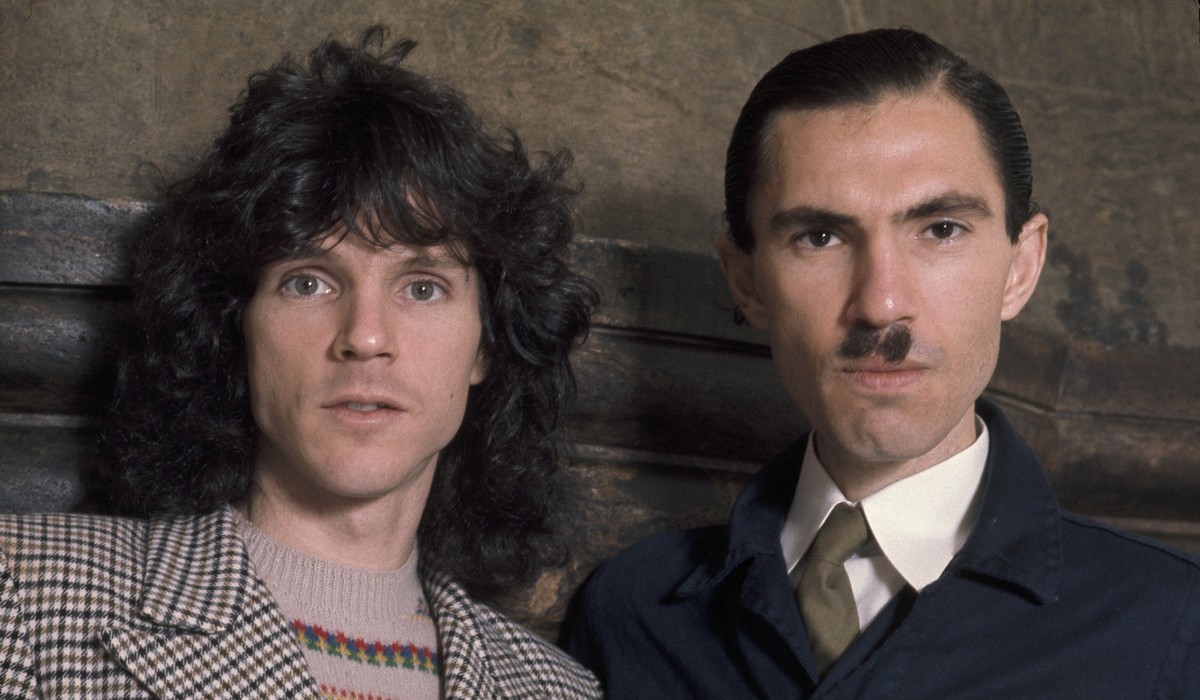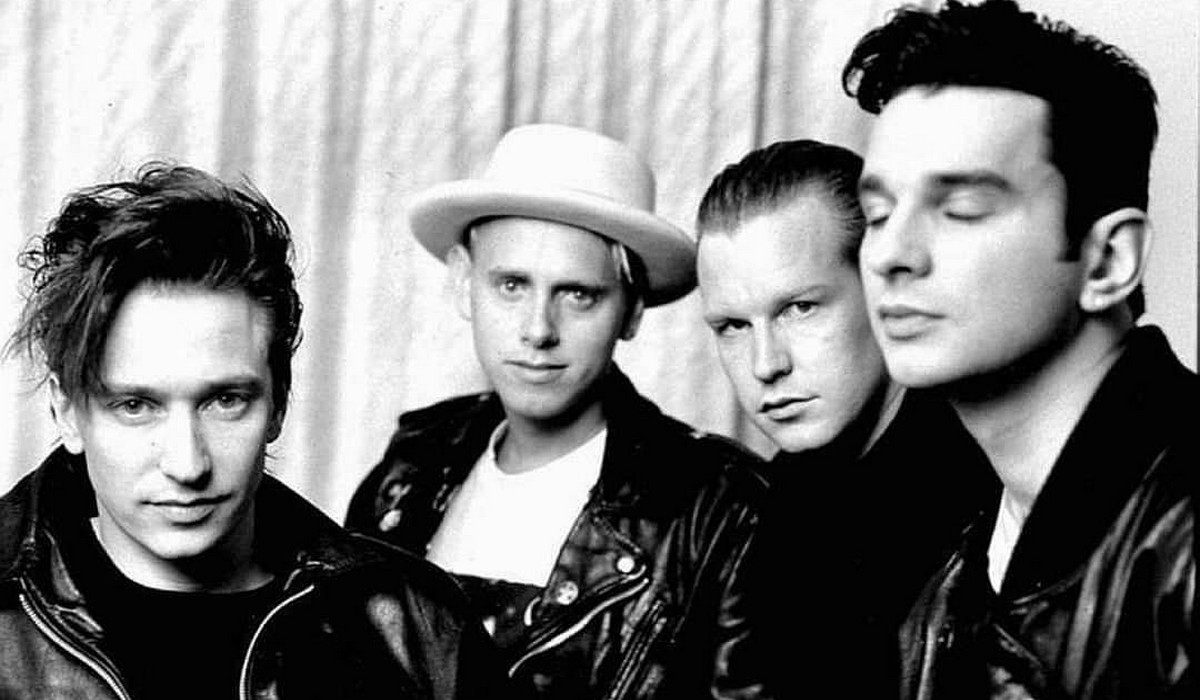A walking dream built on bass and poetry
The pulse is immediate. A creeping synth bass, a dash of urban claustrophobia, then Neil Tennant’s voice slithers in like a narrator viewing it all from a steamed-up car window. First published in 1984 in a more rough Bobby Orlando-produced version, West End Girls later re-recorded and properly issued in 1985 with Stephen Hague at the controls is a song that travels through the city at night without never losing its elegance. It is a spoken confession over an electronic sigh, mixing poetry’s insight with a club’s groove.
Tennant and Chris Lowe did not show up as poster boys for synth pop. They resembled more the silent guys at the back of a philosophy lecture. A former writer for Smash Hits, Tennant understood language more rooted in Eliot and Orwell than in disco. Lowe, the mute figure in shades, knew building and the force of repetition. Together, they created a sound that was muted but brimming with vibe. Their first big stride toward that shared world was West End Girls.
The words develop like decoded snippets heard in late-night stairwells and phone kiosks. Lines such “Sometimes you’re better off dead” are delivered without dramatics but weighted with substance. Using London as both subject and stage, the song traverses class, sex, geography, and identity. Its tempo is premeditated, not hurried, reflecting the rhythm of a stroll along darkened roads. Behind everything, the production balances restraint and tension never allowing the melody to completely explode but never allowing it to wander.
In ‘West End Girls’, it was meant to be about class, about rough boys getting a bit of posh.
(Neil Tennant, The Quietus, 1985)
West End, 1986 In the US and the UK, girls rose to the top. It arrived with accuracy, penetrating a region still laden with post-New Romantic polish rather than bombast. It seemed fresh without shouting about it. Setting the mood for the Pet Shop Boys’ great mix of irony, melancholy, and elegance, the song evolved into a foundation for their career. Perhaps the greatest sort of success for a pop song, it worked as well in headphones as on dancefloors.
The way West End Girls frames silence and stillness as part of the rhythm helps to explain what lasts about them, beyond their music or look. It sees without judging, moves without haste, and speaks without yelling. This is a song that reflects without demanding one back.





